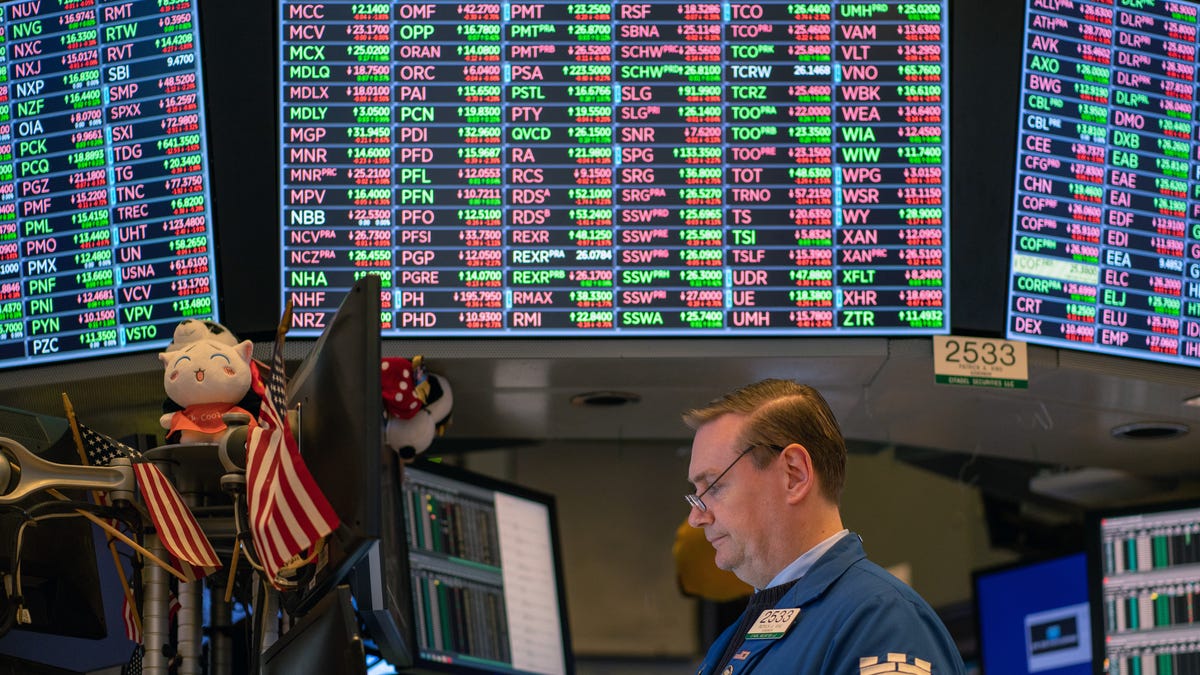The Coronavirus Outbreak Will Not Ruin Your Investment Portfolio - 4 minutes read
 The Coronavirus Outbreak Will Not Ruin Your Investment Portfolio
The Coronavirus Outbreak Will Not Ruin Your Investment PortfolioEveryone’s talking about the coronavirus outbreak that originated in China, but have you considered impact could the virus have on your money? Global markets started to see extra volatility late last week, and this week is likely to endure more of the same.
Chinese markets saw a significant drop today on the first trading day after the Lunar New Year holiday. The Shanghai Composite Index fell 7.7%, while the Shenzhen Composite dropped 8.4%. It’s the biggest single-day drop since 2015 and 2007 for those markets, respectively.
You can expect markets around the world, including ours here in the U.S., to react accordingly. On that day in August 2015, for example, the Dowdipped, spiked, and dipped again in response to global apprehension about the strength of China’s economy.
But this time, the reaction is based on a different type of fear. Market dips reflect anxiety about China’s productivity and economic health during the outbreak, but there’s also fear that the coronavirus could threaten health around the globe.
Already today, the Dow, the S&P 500 and the Nasdaq Composite have shown gains, recovering from a selloff on Friday that, as CNN notes, wiped out their otherwise positive January performance.
But there’s good news: You should probably spend more time practicing your hand-washing technique than worrying about your investments.
Since this isn’t the first time an outbreak has caused global concern, we have data about the market has performed previously in similar situations. As Mark DeCambre writes for MarketWatch, the impact of illness outbreaks often leads to only a “short-lived” market reaction. Through Zika (2016), Ebola (2014), cholera (2010), H1N1 (2009), avian flu, (2006) and SARS (2003), an immediate market reaction has recovered within about a year of the event.
DeCambre includes a graph showing the MSCI All Countries World Index, which includes companies from 26 developed markets and 26 emerging markets. Following each of the outbreaks listed above (and a bunch of other health events from recent history), a dip in performance one month after the outbreak tended to recover within six months. That doesn’t mean the index had amazing gains six months after an outbreak, only that its performance returned to something close (or better) than its performance during the outbreak.
Of course, you can’t time the market based on those past events. This outbreak is “likely to have bigger global repercussions now than in 2003,” Ben May of Oxford Economics, told the Wall Street Journal, referring to the SARS outbreak. But unless an obvious indicator of that “bigger” impact comes along, it’s best to assume that it’s going to be a bumpy road for your portfolio for at least a few months.
If you’re looking for short-term investing gains, you’ll want to have a very conservative outlook for the next month or two. But if you’re investing for the long term, like for retirement, you can be fairly confident that any declines in your portfolio will recover in due time.
Source: Lifehacker.com
Powered by NewsAPI.org
Keywords:
Coronavirus • Everyone's Talking • Coronavirus • China • Virus • Volatility (chemistry) • This Week (ABC TV series) • China • Chinese New Year • SSE Composite Index • Shenzhen • Fear • Courage • Time • Emotion • Fear • Market (economics) • Anxiety • Productivity • Health • Coronavirus • Health • Dow Jones Industrial Average • S&P 500 Index • Nasdaq Composite • CNN • Hand washing • Skill • Investment • Epidemic • Globalization • Market (economics) • MarketWatch • Disease • Outbreak • Zika fever • Ebola virus disease • Cholera • Influenza A virus subtype H1N1 • Avian influenza • Severe acute respiratory syndrome • MSCI • Health • Globalization • Ben May (rugby union) • University of Oxford • Economics • The Wall Street Journal • Severe acute respiratory syndrome • Conservatism • Investment • Term (time) •